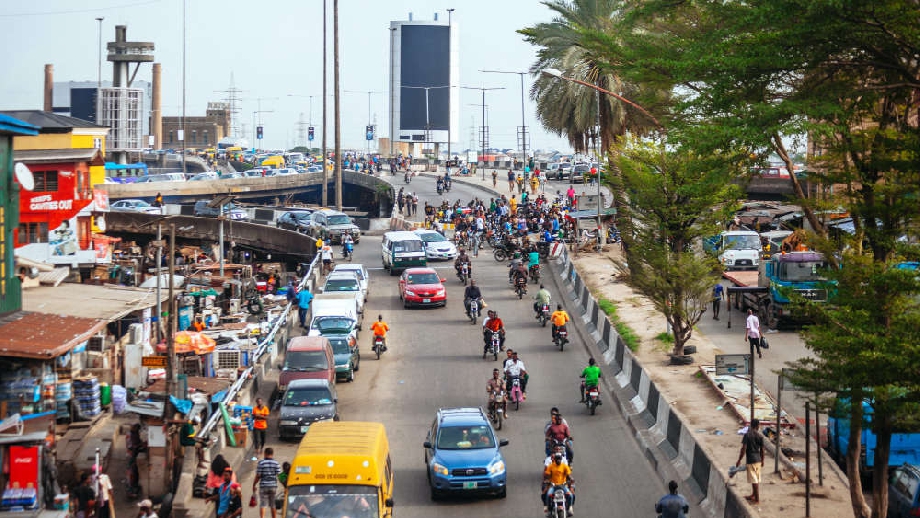
Five million Nigerians have been pushed into poverty in 2022, according to the World Bank.
Its latest Nigeria Development Update (NDU), released on Thursday, shows inflation is the leading cause of this.
“The rate of consumer price inflation has surged and is currently one of the highest globally,” the report read.
It noted that the persistently high inflation witnessed by Nigeria since 2019 is driven by “multiple exchange rates and exchange rate depreciation in the parallel market, intensified trade restrictions, and the monetization of the public deficit by the Central Bank of Nigeria (CBN).”
There are also contributory external factors like “the spike in global food and energy prices” caused by the war in Ukraine and global supply disruptions.
The five million new poor people have pushed to 13 million the number of Nigerians who have become poor due to high inflation since 2020.
“The World Bank estimates that between 2020 and 2021, inflation pushed about eight million more Nigerians below the poverty line, increasing the total number of poor people to about 90 million,” according to the Nigeria Development Update.
“Higher inflation in 2022 is estimated to have pushed an additional five million Nigerians into poverty between January and September 2022, mainly through higher prices of local staples, such as rice, bread, yam, and wheat, especially in non-rural areas.”
The Consumer Price Index which measures the rate of inflation year-on-year shows that inflation surged to 21.47 percent in November from 21.09 percent in October.
Economic Growth Projection Lowered to 3.1%
In the World Bank report titled ‘Nigeria’s Choice’, the Bretton Woods institution said Nigeria’s economic performance has weakened since the previous report in June.
As a result, the bank has lowered its 2022 growth projections for Nigeria to 3.1 percent from a previous forecast of 3.8 percent.
It also projects further slower growth of 2.9 percent in 2023–24.


